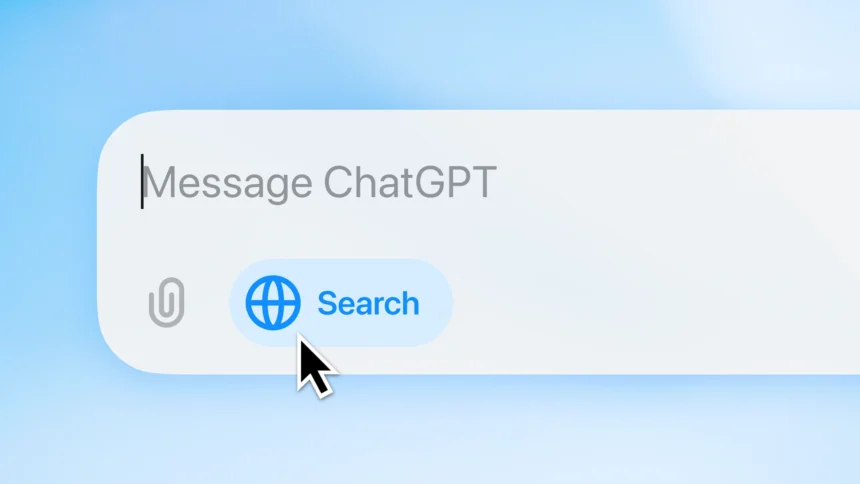As OpenAI rolls out exciting new features for ChatGPT, like web-based voice search, it’s also facing increasing opposition from powerful tech figures. Meta has joined forces with Elon Musk in opposing OpenAI’s push to transition into a fully for-profit company, highlighting a growing tension in Silicon Valley. Here’s a look at the latest developments and why they matter for the future of AI.
What’s Happening & Why This Matters
Meta, Musk Unite Against OpenAI’s For-Profit Move
OpenAI, currently structured as a hybrid with nonprofit and commercial arms, is reportedly in talks to become a fully for-profit entity. This potential shift has sparked concerns from some of Silicon Valley’s biggest players, including Meta and Elon Musk.
Meta has formally expressed its opposition in a letter to California’s Attorney General, arguing that OpenAI’s new business model could have significant implications for the tech industry. The letter suggests that nonprofit investors would receive benefits similar to traditional for-profit investors but could still enjoy tax benefits. Meta and Musk, who have clashed in the past, both argue that such a move could undermine the integrity of OpenAI’s mission and lead to “irreparable harm.”
Musk, who has had a complicated relationship with OpenAI, has also filed a legal request to prevent the shift, citing concerns about potential fraud and anti-competitive practices. He claims OpenAI’s decision to go fully for-profit goes against the company’s original ethos and could have negative consequences for investors and the public. OpenAI has defended its position by releasing emails from Musk suggesting that he once supported a for-profit model when he was part of the company. This back-and-forth highlights the growing rivalry between Musk, Meta, and OpenAI’s leadership.

OpenAI Rolls Out New Voice Search Feature
While the tension between OpenAI, Meta, and Musk intensifies, OpenAI is moving ahead with innovative features for its flagship product: ChatGPT. The company launched a voice search function for all users — initially available only to paid subscribers. This new feature allows users to interact with ChatGPT through voice. Using voice provides a more conversational, hands-free search experience.
This voice-enabled search offers up-to-date information, including sports scores, news, and stock quotes, all while providing relevant links to sources. OpenAI has also added a “globe icon” to the ChatGPT interface to make it easy for users to access web-based information directly through the AI. However, users are advised to fact-check responses, as ChatGPT has been known to generate incorrect answers and fake citations.
In addition to voice search, OpenAI has updated the ChatGPT mobile app, offering enhanced search results for local businesses and attractions. These results will now include images, ratings, and hours of operation to improve user experience. For those looking to move away from Google, ChatGPT can even be set as the default search engine in Google’s Chrome browser, further increasing its accessibility.
TF Summary: What’s Next
The rivalry between Meta, Musk, and OpenAI is getting HOT, with both sides positioning themselves in the booming AI sector. While OpenAI adds new features like voice search, the company faces resistance from powerful players concerned about its for-profit model. This ongoing battle will likely influence AI development, funding, and policy in the coming years.
As OpenAI innovates, TF ponders how the competition between these AI gladiators plays out. AI’s future and its business models hinge on how these fights conclude. The victor may impose ramifications for investors, users, and the entire industry.
— Text-to-Speech (TTS) provided by speech


